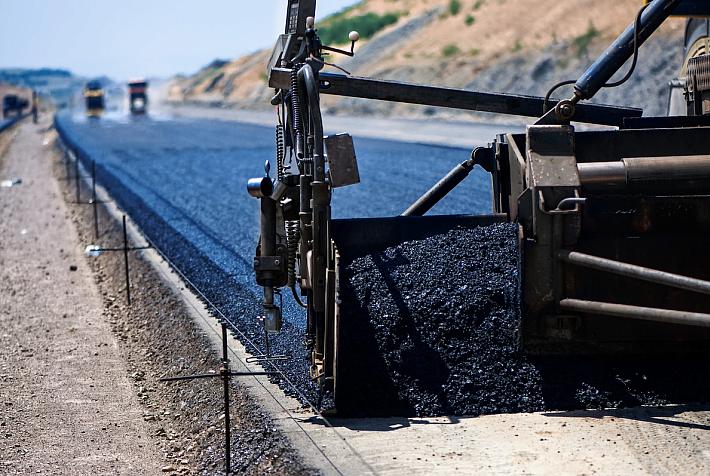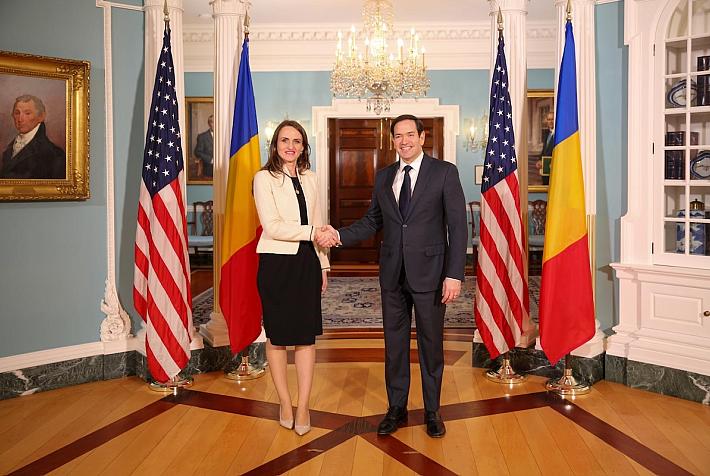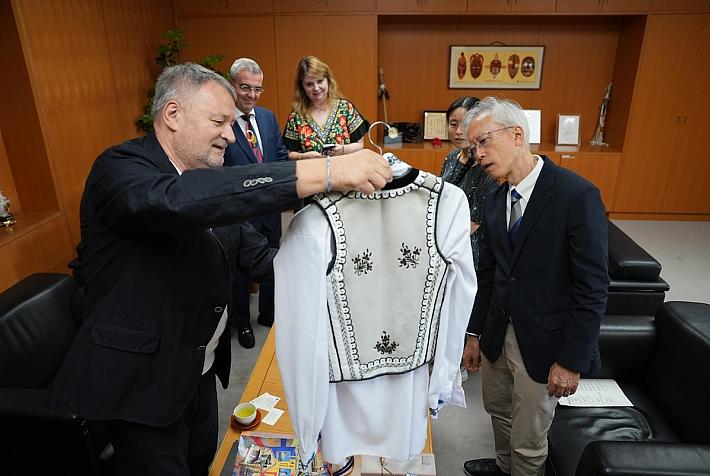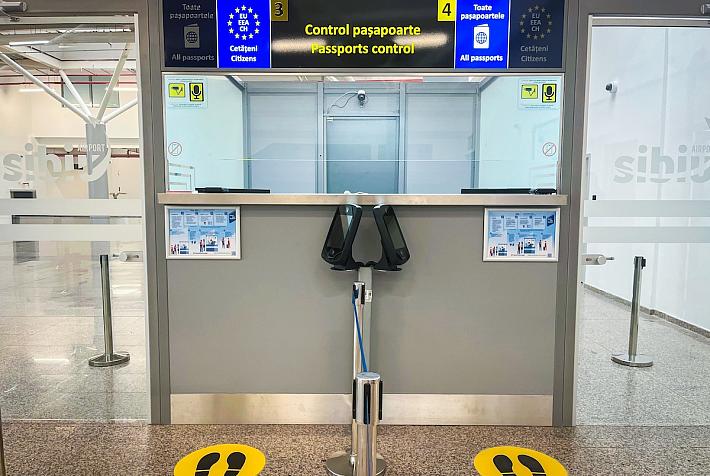Philip O’Ceallaigh's moments of silence in the roaring chaos
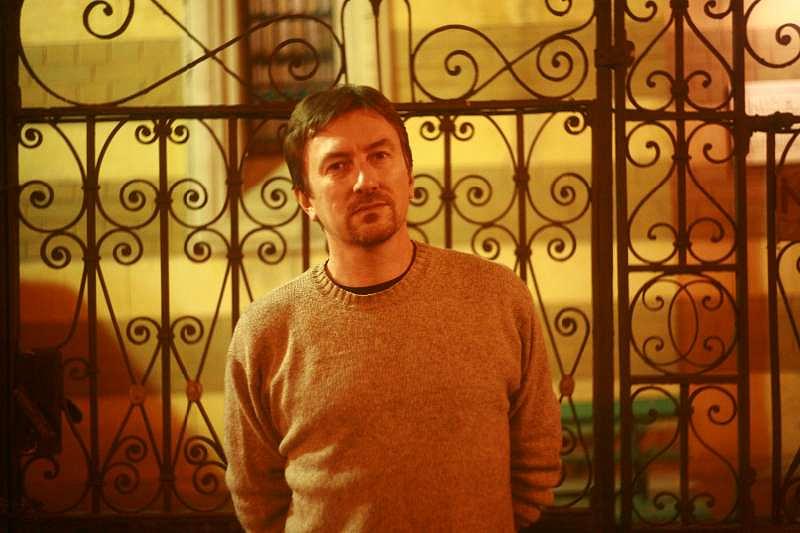
Some decades ago there was a Jewish neighborhood in Bucharest stretching from the Unirii Square all the way to the Dristor, Dudesti and Vitan slums. All that remains now are three synagogues, a theater, a few houses and a story Irish-born writer Philip O’ Ceallaigh is writing.
As we are walking up the Corneliu Coposu Boulevard in the center of Bucharest, it becomes clear how irrational and frivolous history is. There is almost no testimony left that this part of the city looked totally different only about 25 years ago, when the intense demolitions began in order to make way to a brave new world. Philip O’Ceallaigh stops from time to time to explain something in fluent Romanian, or to point to an old building that somehow escaped the demolitions.
But most of the time he just looks silently at the city, at what is left of it or what has grown instead, moving among 16-year old girls walking arm in arm, laughing and talking out loud and tired, old people spitting sunflower seeds. Philip has seen the area hundreds of times, but he still looks at everything with certain unrest and with the vigilance of a hunter.
Philip came to Romania in 2000 with the thought that he would give writing a fair shot. He was 32, had been living in various countries, doing all kinds of jobs, but writing proved to be the only constant thing in his life. Maybe it was the fear of chaos that drove him to writing, or not finding any meaning. “When you write, you give shape. This gives you aesthetic and psychological satisfaction. You’re in control. It’s like an alchemy. You are doing something almost beautiful out of chaos and shit.”
He started writing when he was in his 20s, after work or every time he would have a free moment, but only after moving to Bucharest, did he decide to focus only on writing. He writes now every morning, in his studio in the 1 Mai area. He used to live there some years ago, but he uses it now only for writing.
“If I’m not in the mood, I won’t write,” he says, adding that he visits his studio everyday regardless. “Today I’ve worked about three hours. I’ve reedited a text, an essay I’m writing about my neighborhood.” The studio located on the 9th floor doesn’t have a street view, but it shows to the houses behind. “It’s pretty simple. Houses. The feeling of space and light. It’s very quiet.”
When I note his continued references to silence, he responds: “Yes, silence is priceless when you live in a city like Bucharest.”
His actual neighborhood is the area around the Sfanta Vineri street. This used to be a Jewish neighborhood, but now only a few buildings remain as reminders of this buried history: the Great Synagogue, raised in 1845 by the Polish-Jewish community, the Jewish theater and another synagogue with a beautiful architecture which isn’t functional anymore. Philip’s house is somewhere behind this synagogue.
Among the new apartment blocks, the glass buildings which host banks or hotels, there are a few houses which have resisted time and insane architectural plans. As we are passing by one of these houses, now being refurbished, Philip says that he is glad that there are at least these small fragments of history left, which he can show to his daughter.
For the essay on his neighborhood he is writing, he is doing of series of interviews with people from the area, that witnessed the demolitions. He is trying to understand the dynamics of these demolitions, why certain buildings escaped, while others didn’t. It’s the same act of creating a bit of order in the midst of this chaos, which is history.
“Writing is never simple,” Philip says. Writing after having published two successful books, the short stories collections Notes From A Turkish Whorehouse (2006) and The Pleasant Light of Day (2009), may be even more difficult. You are expected to come up with something equally good. “It doesn’t matter how much you advance, there is always the psychological problem of writing. You can never get rid of the anxiety.” His stories are glimpses into the lives of lonely characters, most of them set in Romania.
“You do panic sometimes, as you are thinking about money, that you have a child to raise. Then you get drunk, or you do yoga or you just write something.” But no matter the panic, the anxiety, what truly matters is that you go to some quiet place and you get back to yourself. And that’s what writing is, Philip says. “A certain kind of humbleness is needed.”
A text is always very personal, that’s why the act of having your text edited feels like something not necessarily nice. After finishing a text, Philip only shows it to his editor, Brendan Barrington from Penguin Ireland. When asked how he gained confidence in his editor, Philip says that he actually gained confidence in himself being edited. “Writers are lonely and arrogant, so of course there will be a discussion with the editor, a negotiation. But in the end I’ve come to understand that a text is a series of effects. So the edit will only help the text.”
The first time I meet Philip, he’s alone on a terrace in the old center, drinking a beer. It’s a bit cold and there is no other person there. I first notice his blue eyes, his wool sweater and a certain simplicity he radiates; like it were possible for him to pack at any moment all his belongings in a small suitcase; like he didn't collect or gather lots of things. We talk in Romanian about his writing for about an hour and when I ask him about the music he likes, he evades the question, probably because it’s too personal and says, “Let’s go for a walk. I will show you my neighborhood.”
By Diana Mesesan, features writer
(photo by Diana Mesesan)






